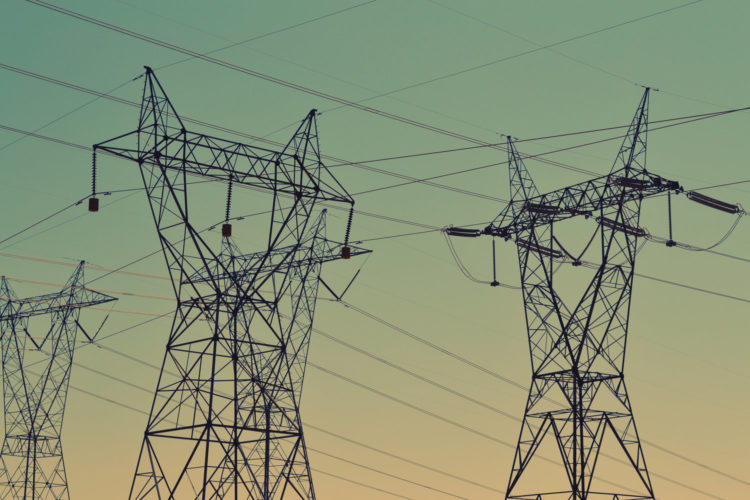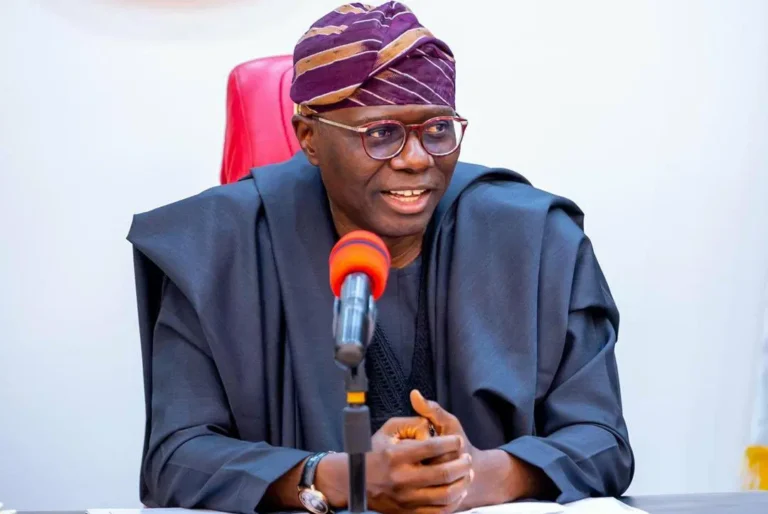
Present complaints arising from poor electricity supply across various networks controlled by Electricity Distribution Companies(DisCos) have been linked to inadequate gas supply to thermal power stations.
The Nigerian Electricity Regulatory Commission (NERC), Q3 report showed that unavailability of feedstock, especially, gas remained a top challenge limiting electricity generation on the grid.
In 2023/Q3, the average hourly generation of available units decreased by -3.34 per cent (-135.66MWh/h) from 4,059.94MWh/h in 2023/Q2 to 3,924.28MWh/h.
The total electricity generated in the quarter also declined by –2.28 per cent 1(-202.23GWh) from the 8,867.05GWh generated in 2023/Q2 to 8,664.82GWh.
The NERC, attributed energy generation deficit to the reduction in the available generation capacity of the grid-connected power plants.
It added that gas supply constraints and mechanical faults remain the major factors affecting the amount of energy generated by gas-fired thermal plants.
The regulator added that the significant decline in available generation capacity in the month of July 2023 was because Ihovbor, Geregu NIPP, Afam IV&V and Sapele plants were shut down for most of the month due to mechanical faults.
“Afam IV &V (~60MW) was out due to defective blades from the 2nd to 31st of July, Sapele had one unit (ST3) out on maintenance after a fire outbreak and Geregu NIPP (~135MW) was out due to mechanical faults and gas constraints throughout July,” it pointed out.
The Eko Electricity Distribution Company (EKEDC) confirmed this,saying, inadequate gas supply was hampering its efforts at supplying electricity to its numerous customers.
The DisCo, in a notification on its official X Handle, disclosed that the present reduction in power supply across its network was due to gas shortages and other related issues arising from the generating companies.
‘‘We sincerely apologise for the inconvenience this has caused even as we work with our partners for speedy resolution,’’ it said.
Meanwhile, EKEDC has reaffirmed its commitment to making huge investments in infrastructural development and its Corporate Social Responsibility (CSR) efforts.
SOURCE: LEADERSHIP







